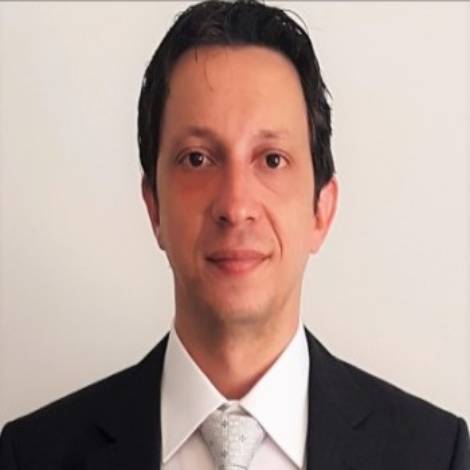Nature-Based Solutions for a Circular Economy Transformation in the GCC Countries
The global society has seen unprecedented economic growth that limited global poverty. However, it is widely agreed that the economic model adopted created the existential crisis of climate change. We realize today that the linear economic model cannot sustain our life standards indefinitely. A new circular approach is suggested to adjust our priorities and re-orient infrastructure investments. In this context, we look at nature to get inspir ...
Abstract
The global society has seen unprecedented economic growth that limited global poverty. However, it is widely agreed that the economic model adopted created the existential crisis of climate change. We realize today that the linear economic model cannot sustain our life standards indefinitely. A new circular approach is suggested to adjust our priorities and re-orient infrastructure investments. In this context, we look at nature to get inspired and identify solutions that can increase the resiliency of our societies, protect and restore the ecosystems, and maintain the necessary economic growth without further undermining the planet’s boundaries. Nature-based solutions (NBS) serve this ambitious and multi-factorial purpose due to their inherent ability not only to tackle climate change but also to provide a series of ecosystems services and social benefits. This workshop focuses on the potential to integrate NBS into the circular economy paradigm in the Gulf Cooperation Council (GCC) countries. Our goal is to discuss the potential of NBS to stimulate a circular model of economic growth in the region, their contribution to new circular strategies for climate change adaptation given climatic extremities the GCC countries face, the multiple benefits of these concepts, and the key actions needed to increase the awareness and attract more investments on nature-based approaches in the near future. Considering the growing environmental challenges in the region, this workshop will further explore how such sustainable approaches can enhance resource efficiency, reduce waste, and promote/restore the ecological balance. The GCC nations are uniquely positioned to lead in the adoption of innovative environmental solutions, and this workshop aims to discuss best practices, case studies, and potential applications.
Description and Rationale
The global society has seen unprecedented economic growth that limited global poverty. However, it is widely agreed that the economic model adopted created the existential crisis of climate change. We realize today that the linear economic model cannot sustain our life standards indefinitely. A new circular approach is suggested to adjust our priorities and re-orient infrastructure investments. In this context, we look at nature to get inspired and identify solutions that can increase the resiliency of our societies, protect and restore the ecosystems, and maintain the necessary economic growth without further undermining the planet’s boundaries. Nature-based solutions (NBS) serve this ambitious and multi-factorial purpose due to their inherent ability not only to tackle climate change but also to provide a series of ecosystems services and social benefits. This workshop focuses on the potential to integrate NBS into the circular economy paradigm in the Gulf Cooperation Council (GCC) countries. Our goal is to discuss the potential of NBS to stimulate a circular model of economic growth in the region, their contribution to new circular strategies for climate change adaptation given climatic extremities the GCC countries face, the multiple benefits of these concepts, and the key actions needed to increase the awareness and attract more investments on nature-based approaches in the near future. Considering the growing environmental challenges in the region, this workshop will further explore how such sustainable approaches can enhance resource efficiency, reduce waste, and promote/restore the ecological balance. The GCC nations are uniquely positioned to lead in the adoption of innovative environmental solutions, and this workshop aims to discuss best practices, case studies, and potential applications.








